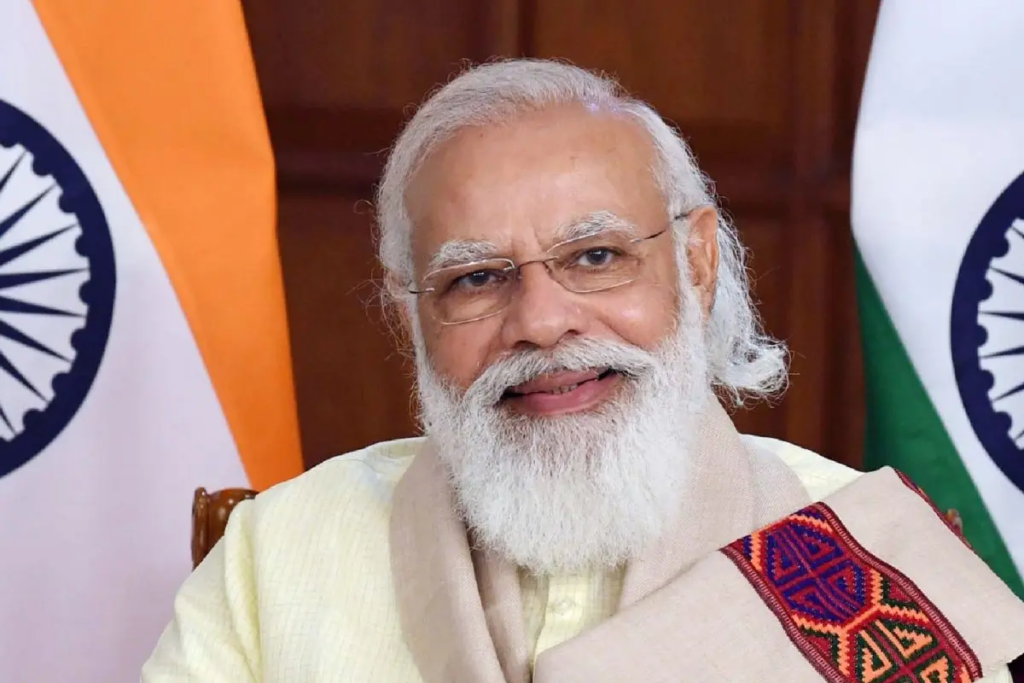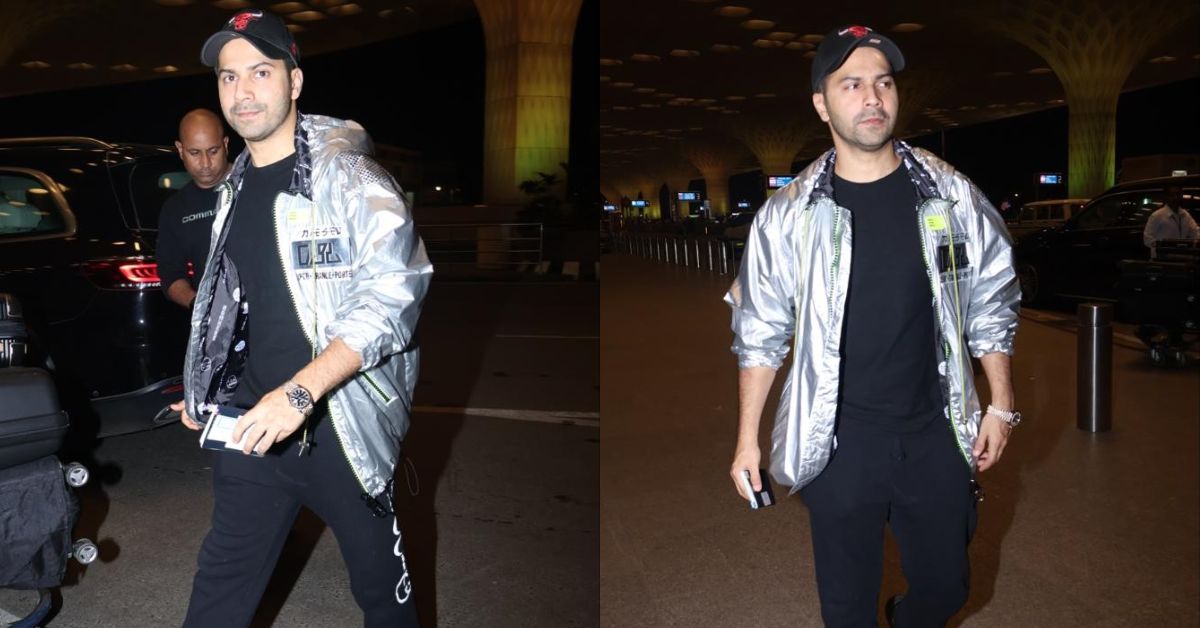The impact of political leaders on history and their ranking among the most powerful individuals cannot be underestimated. Throughout history, we have witnessed leaders from various backgrounds and ideologies shaping the world we live in today. Their decisions and policies have far-reaching consequences, influencing not only their own countries but also the global landscape in terms of economy, technology, social dynamics, and environmental issues.
While some politicians have proven to be ineffective leaders, a nation with strong leadership qualities gains a competitive advantage over its rivals. The ability to rally public support is a crucial aspect of being a successful politician. When politicians articulate a clear manifesto and connect with people who share their values, they can amass significant support from the population. This support grants them the authority to enact changes that impact the lives of citizens.
Political leaders hold the responsibility of governing a country and its people. Their decisions and actions shape the direction in which a nation progresses. Different leadership styles, ranging from conservative to liberal, and forms of government, whether democratic or autocratic, bring their own unique set of opportunities and challenges to a country’s growth and development.
1. Xi Jinping

Xi Jinping, the Chinese president and leader of the Communist Party of China, has been a dominant figure on the global stage since taking office in 2013. Despite being perceived by the West as a dictator due to government surveillance, human rights issues, and media censorship, Jinping has managed to consolidate his power within the ruling party. He is known for his innovative anti-corruption initiatives and his assertive stance on issues concerning China’s security and international affairs, making him a highly influential leader in the world.

2. Vladimir Putin
Vladimir Putin, the Russian president, has been a prominent leader in global politics since 2012. With a background in intelligence agencies and serving as the Prime Minister of Russia, Putin is considered one of the most influential leaders globally. However, his military actions in eastern Ukraine and controversial decisions have sparked criticism and international tensions.
3. Donald Trump
Donald Trump, the 45th president of the United States, had a significant impact on the world during his tenure from 2017 to 2021. His presidency was marked by policies that were seen as nationalistic and protectionist. Trump faced both praise and condemnation for his domestic and foreign policies, including actions on immigration, trade, healthcare, and environmental regulations.
4. David Cameron
David Cameron, the former Prime Minister of the United Kingdom from 2010 to 2016, led the Conservative Party and initiated important reforms during his time in office. His government faced challenges such as the Brexit referendum, and his decisions and policies have been a subject of both praise and criticism.
5. Manuel Valls
Manuel Valls, a French-Spanish politician, has been an influential figure in French politics. Serving as the Prime Minister of France from 2014 to 2016, Valls made significant contributions during his time in office, including dealing with issues of terrorism and immigration. However, his political career faced ups and downs, and he has been both applauded and criticized for his policies.

6. Narendra Modi
Narendra Modi, the current Prime Minister of India since 2014, has been a dominant force in Indian politics. Known for his strong leadership and ambitious initiatives, Modi has made significant economic and foreign policy reforms. However, his government has also faced criticism on issues related to religious tensions and human rights.
7. Angela Merkel
Angela Merkel, the former Chancellor of Germany from 2005 to 2021, was one of the world’s most powerful women and a key player in European and global politics. Her pragmatic and steady leadership guided Germany and the European Union through various challenges, including the eurozone crisis and the migration crisis.
8. Hillary Clinton
Hillary Clinton, an American politician and former Secretary of State, made history as the first woman to be nominated as a presidential candidate by a major U.S. political party in 2016. Despite facing controversies during her political career, Clinton has remained influential in shaping U.S. foreign policy and women’s rights issues.
9. Dilma Rousseff
Dilma Rousseff, the former president of Brazil, served from 2011 to 2016. She was the first woman to hold the highest office in Brazil. Her tenure was marked by efforts to combat corruption and promote social welfare programs, but it also faced challenges, leading to her impeachment in 2016.
10. Imran Khan
Imran Khan, the former Prime Minister of Pakistan, led a significant political career, starting as a prominent cricketer and later founding the Pakistan Tehreek-e-Insaf party. Khan’s leadership saw both economic reforms and political controversies, shaping Pakistan’s political landscape during his time in office.






